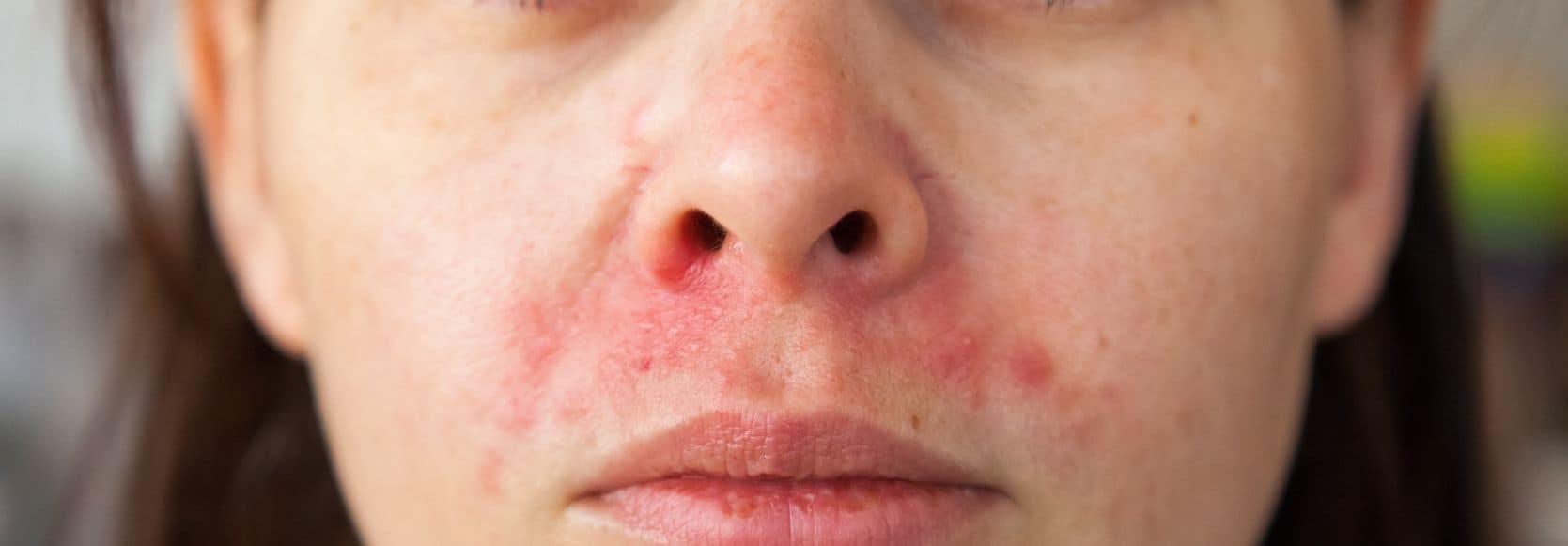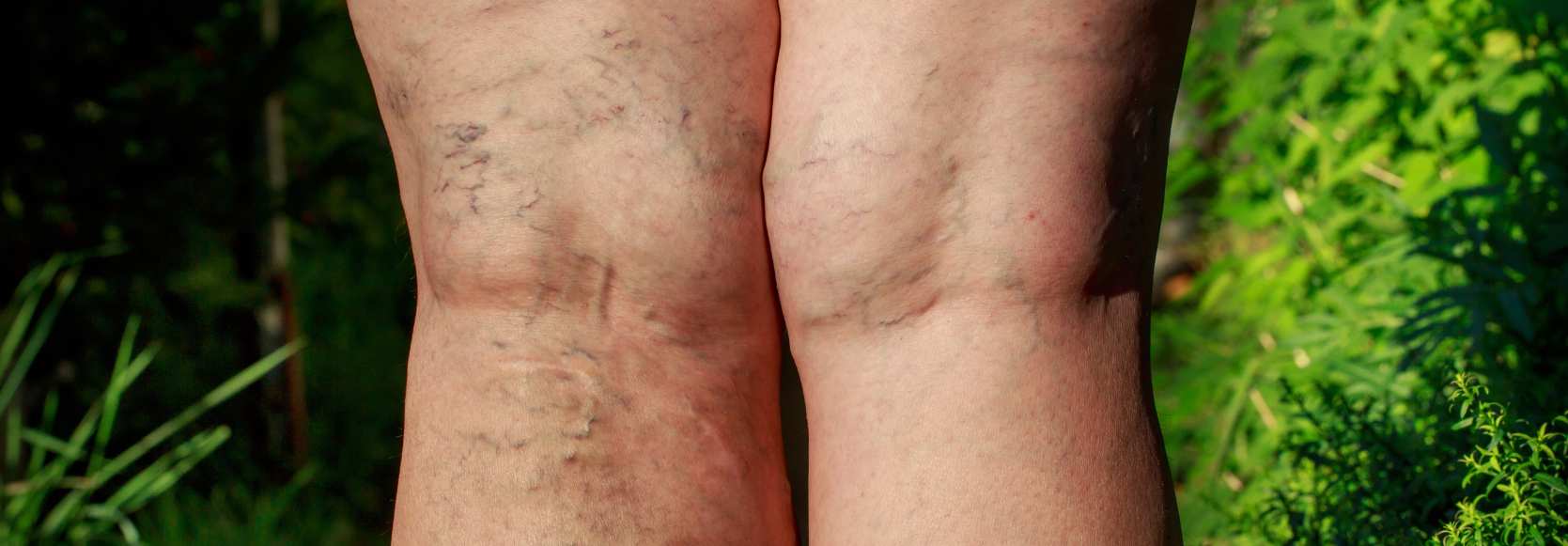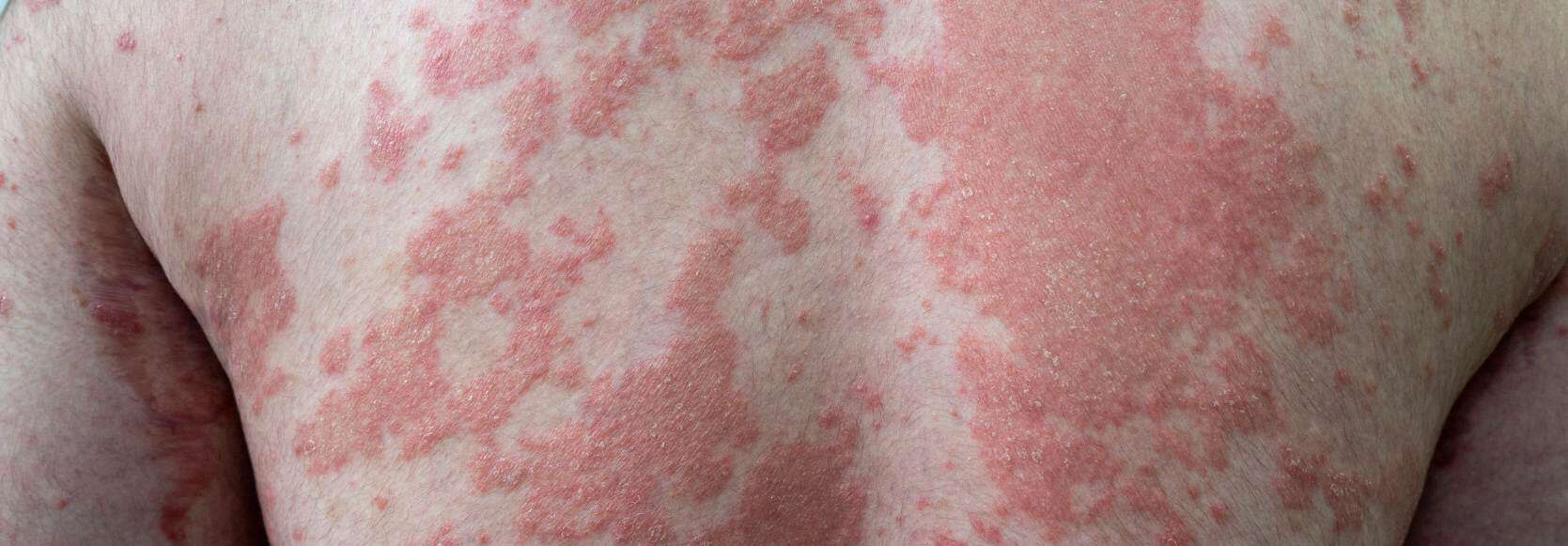Embracing the Transition: From Summer to Autumn Skincare
Typical Skin Challenges Emerging in Autumn
Acne Flare-ups
Autumn can prove challenging for those susceptible to acne. The combination of dry air and indoor heating can culminate in clogged pores and breakouts. Hormonal shifts and seasonal stressors can exacerbate the situation. A mild cleanser and including products containing salicylic acid or benzoyl peroxide can help regulate acne. Consuming foods with antioxidants and omega-3 fatty acids can mitigate inflammation and foster healthier skin.
Eczema (Atopic Dermatitis)
Symptoms of eczema can intensify during the autumn season, as dry, cold air and indoor heating can provoke itchy and uncomfortable skin. Opt for scent-free, hypoallergenic moisturisers and identify potential aggressors, including harsh soaps or specific fabrics, to prevent exacerbations.
Psoriasis and Scalp Psoriasis
Autumn can pose difficulties for individuals with psoriasis. The dwindling sunlight and dry air can trigger flare-ups and increase itchiness and flakiness associated with scalp psoriasis. Regular moisturising, managing stress, and incorporating omega-3 fatty acids into your diet can be beneficial.
Rosacea
Autumn’s fluctuating temperatures can activate rosacea flare-ups. Guard your skin by opting for gentle, hydrating products and removing known triggers like spicy food, hot beverages and excessive sun exposure.
Hives and Cold Urticaria
Chilly weather can induce hives and cold urticaria in specific individuals. While antihistamines can help alleviate symptoms, persistent issues warrant a consultation with a healthcare expert.
Contact Dermatitis
Seasonal shifts can sometimes cause contact dermatitis, particularly in those with sensitive skin. Be aware of potential irritants like wool, nickel in clothing accessories or harsh ingredients in skincare products.
Essential Tips for Autumn Skincare
Prioritising Moisturisation and Selecting the Appropriate Products
Handling Indoor Heating’s Effects on Skin
Safeguarding Against the Sun Isn’t Only a Summer Precaution
Healthy Eating and Hydration
Consulting a Professional
If your skin issues persist or deteriorate during autumn, it’s prudent to consult a dermatologist. They can deliver custom advice and treatments to ensure your skin remains glowing throughout the season. While you cherish autumn’s breathtaking colours and crisp air, don’t overlook your skin’s additional care needs. You can maintain a glowing and healthy complexion throughout the season with a few minor alterations to your routine!





